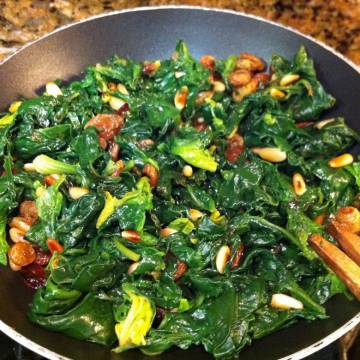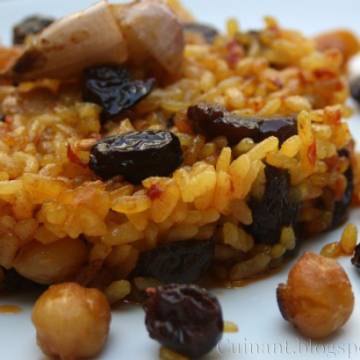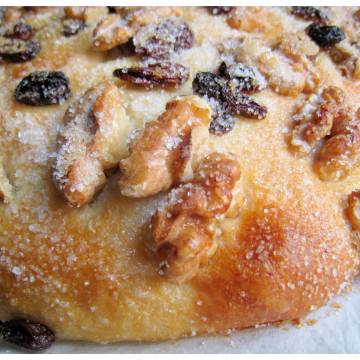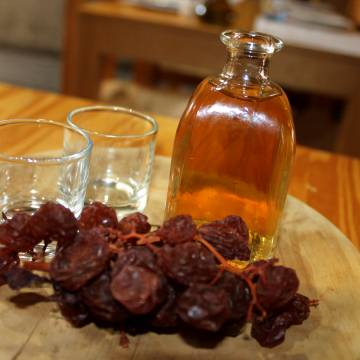
During the 19th century the port of Denia was the main shipping point for this product.
The marketing of raisins enriched the entire region. The destination of much of the production was England, where the raisin became one of the essential ingredients of one of the typical sweets of English pastry: the 'plum cake'. Raisin also arrived in the United States, Canada and France.The exports acquired such volume that, in order to supply the demand, the grape crops were growing and spread in a radius of 100 kilometers, reaching other regions of Alicante and Valencia.
Currently, in the Valencian Community, the production of raisin extends through the regions of the Marina Alta, la Safor and, to a lesser extent, la Costera, la Vall d'Albaida, la Ribera Alta and the Marina Baixa.
THE TRANSFORMATION OF THE CITY
During the 19th century, Dénia was the epicenter of this economic hustle that had a great influence on urban expansion, appearing new streets and building large stately houses for the new bourgeoisie, created by the raisin trade. Department stores were created for the raisin trade on Carbonell Street, La Mar Street, Convent Square and Patricio Ferrandiz, the latter gave rise to the southern expansion of the city. A giant of this trade was the Wholeshle Cooperative Society. In line with this large trade, packaging factories, sawmills and other complementary businesses were established.
From Carlos Senti street towards the port, the artery was occupied by 3 cinemas and theaters: The Palacio del Sol, The Circus Theatre and The Modern Hall. Hotels and casinos filled the city. Dénia was in its prime. In the ETHNOLOGICAL MUSEUM of the city you can know a sample of the clothing, furniture and lifestyle of the bourgeoisie that emerged during this era of economic splendour as well as a sample of the tools and clothes of the laborers who worked in drying the raisin and models and samples of boxes in which the raisin was exported to the main cities of Europe and North America.
The land was populated by large farmhouses and riuraus, a native construction to protect the raisin from dew and rain during the drying process.
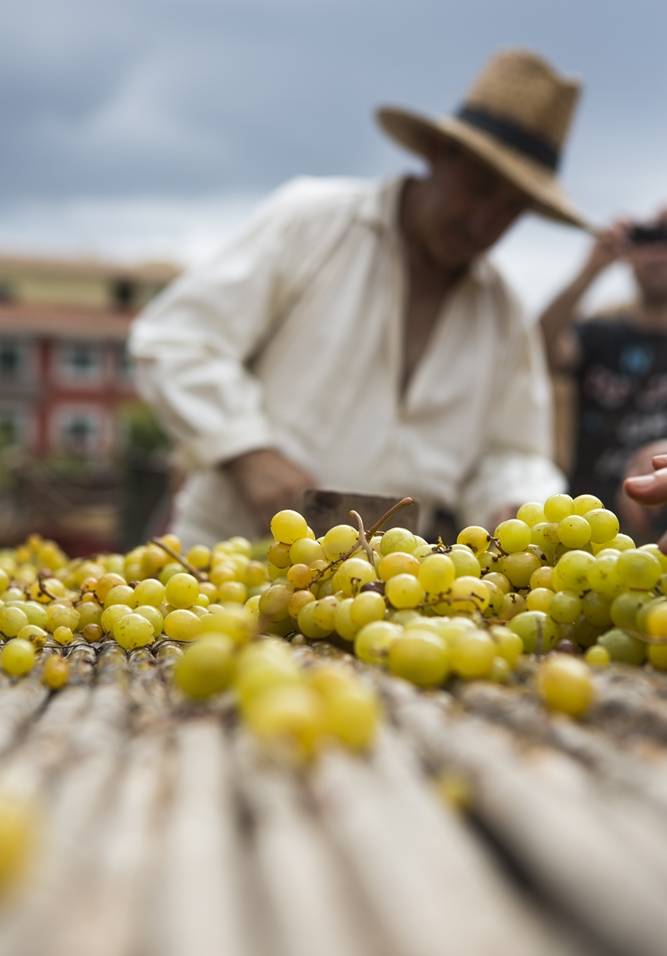
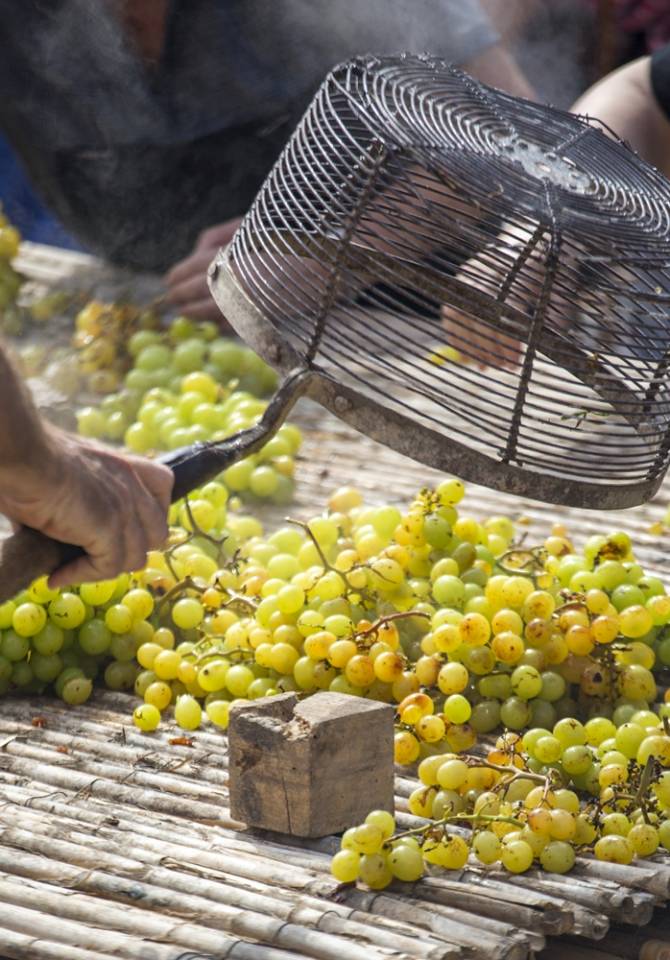
THE PROCESS OF THE ESCALDÁ
The traditional drying process of grape grains is simple, but laborious. The clusters, after having been scalded in a mixture of water and caustic soda (process known as l'escaldà and declared Asset of Intangible Cultural Interest). It is scalded by immersing the grapes in boiling water with soda, just ten seconds, so that the skin is cut and speed up the dehydration and drying process. The grapes are placed on plates made with reeds and exposed to the sun, but at night they are placed covered in the riuraus so that the humidity does not affect them. The reeds are stacked separately with wooden dowels ("pilons") to circulate air between them. The next day they are exposed to the sun again and in the middle of the process, that is, on the third or fourth day, the clusters are turned over to dry on both sides. Within a week, the grapes have turned into raisins. The riuraus were born to protect these reeds from dew and rain. These buildings marked the landscape of the Marina Alta since the eighteenth century and currently celebrates the FEAST OF L'ESCALDÀ, at the end of August, in Jesus Pobre, minor local entity of Denia: CONSULT HERE
THE COLLAPSE OF THE RAISIN TRADE
At the beginning of the 20th century the phylloxera plague reached the Marina Alta and devastated the fields of raisins so many of the producers had to change cultivation to survive, planting citrus in irrigation areas or almond in rain-fed areas. Other producers left the countryside and moved to the toy industry, which until the tourist boom was largely the economic engine of Denia.
The factories that made the wooden boxes for packing and transporting the raisins had to close their business. They used the tools, the machinery of the factories and the wood of the boxes to create wooden toys. Many seasonal workers became employees of the toy industry. In 1914 Pedro Riera Mulet created the first turned wooden toy industry in Denia. Ten years before, in 1904 the Ferchen Brothers (merchants of the German raisin) had already settled in Denia creating the first Spanish-German toy industry, which was dedicated exclusively to making toys of tin screen printed.
We recommend you to visit the TOY MUSEUM of the city to enjoy the exhibition of a wide variety of toys of the time.
recipes
recipes

